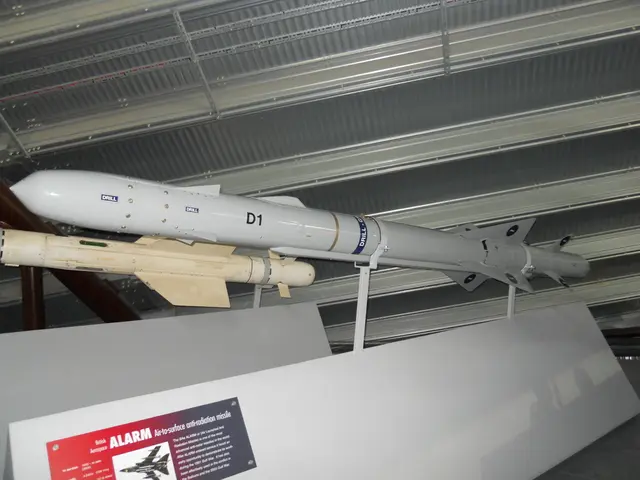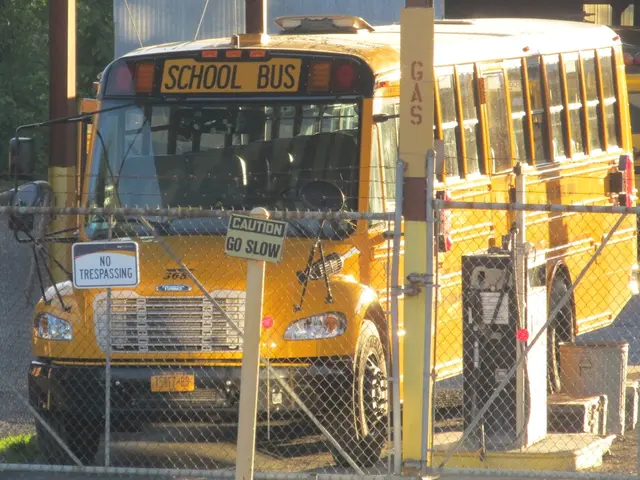Germany's Rail Sabotage: Merz Warns of Serious Security Situation
Germany faces a serious security situation, with recent incidents of sabotage on its rail network and concerns over hybrid attacks from Russia. Chancellor Friedrich Merz has acknowledged the gravity of the situation.
Interior Minister Alexander Dobrindt has revealed that alleged agents for hire were planning train sabotage on behalf of Moscow. This follows investigations into two crucial rail lines that were sabotaged, with Russia suspected as a possible culprit. The incidents have raised fears among Germans, with a study finding that 67% are afraid of hybrid attacks from Russia and nearly half feeling their government is ill-prepared to defend against them.
Meanwhile, left-wing extremists are suspected of further rail sabotage, targeting Deutsche Bahn. Their motivation is ideological opposition to capitalist profit-oriented companies, including Deutsche Bahn, which they accuse of involvement in arms exports and exploitative projects abroad. They aim to damage these companies materially and reputationally to weaken the democratic constitutional state.
The security situation is not limited to rail sabotage. There are almost daily attacks on critical infrastructure, including drones over European airports and a cyberattack against security software used by several airports, including Berlin Airport. Cyberattacks cost the German economy €289 billion ($339 billion) annually, with 68% attributed to crime syndicates and half linked to Russia or China. Germany's domestic intelligence service reports almost daily cyberattacks on government institutions and critical infrastructure.
The recent incidents and ongoing investigations highlight the need for Germany to bolster its defenses against hybrid attacks and cyber threats. With the Kremlin suspected of recent drone incursions across Europe and cyberattacks costing billions annually, the government's admission of a serious security situation underscores the urgency for robust countermeasures.
Read also:
- User Data Analysis on Epic Games Store
- Rachel Reeves conducts a discussion with Scott Bessent and financial executives, focusing on investment matters
- Hyundai accelerates production plans: Introducing 7 new N models, aiming for a sales figure of 100,000 units by 2030.
- Yasa, an electric car engine producer, plans to broaden its operations.








